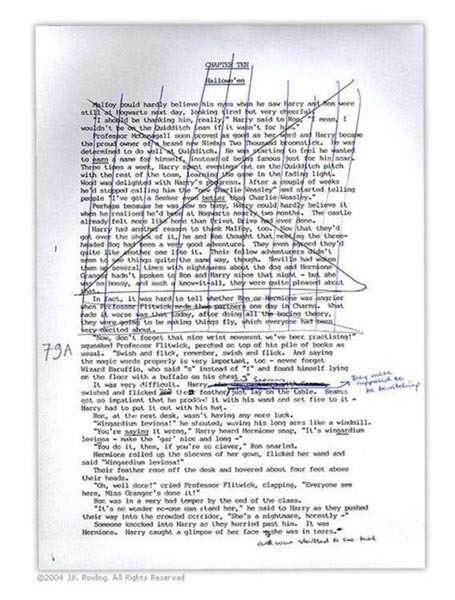
When you picture an editor, you probably imagine the red pen poised over a document, marking every spelling or grammatical mistake. While that is part of an editor’s job, the real meat of their work comes from seeing a document through unbiased eyes and polishing its rough edges.
Myth: A good writer doesn’t need an editor.

Want an example of a professional book from a world-class author who convinced her publishers to put out the book as-is, without a deep developmental edit. Look at J. K. Rowling’s Harry Potter and the Order of the Phoenix. Pretty good book, and it’s sold millions of copies, absolutely — but it’s at least a hundred pages longer than it needs to be. There’s needless repetition, uneven pacing, and side-plots that go nowhere. You’ll notice that the previous and subsequent books in the bestselling series were much shorter and much tighter. Rowling worked more closely with her editors.
Here’s the fact: if you want your book to be strong, clean, professional, and appealing, for it to affect the readers as you want it to affect them, you need to have it professionally edited. There’s never been a text written that didn’t need editing. By the time you’ve spent weeks, months, or years on a project, you can’t see the words any more. You can see the ideas — the concepts, arguments, plot, and characters — but not every word that’s on the page, or that isn’t, or where there are gaping holes in logic or jumps in style. An editor will. It’s what they’re paid to do.
Here are six simple things editors do beyond looking for spelling and grammar mistakes.
1. Check facts, links, and external references for consistency and correctness.
2. Polish structure, flow, and tense.
3. Add, remove, or suggest additional metadata to improve the article’s findability.
4. Address logical fallacies and suggest fixes.
5. Enhance or create reader hooks.
6. Dream up and connect future related topics to build the writer’s expertise and challenge them.
